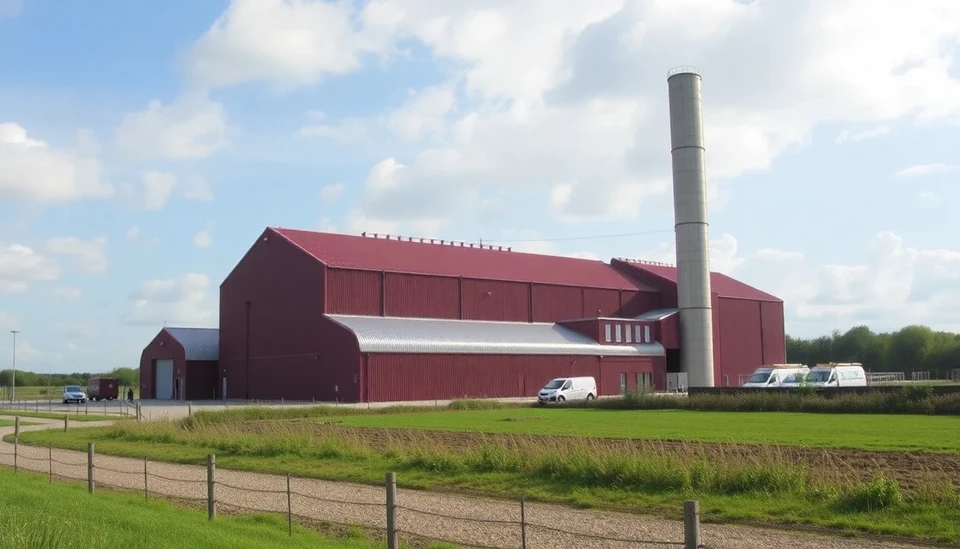
In a significant strategic move, Drax Group, the UK’s largest power generator, is now channeling its efforts into transforming its wood pellet operations to include the production of sustainable aviation fuel (SAF). This pivot comes as a response to the growing demand for cleaner energy sources and the aviation industry's ongoing efforts to reduce carbon emissions.
With the aviation sector being a major contributor to global greenhouse gas emissions, there is an urgent need for alternatives to traditional jet fuels. Drax has recognized this opportunity and is now leveraging its expertise in biomass, particularly wood pellets, which have been essential for their electricity generation. By extending its capabilities to produce aviation fuel, Drax aims to meet the increasing demand for SAF, which is projected to become a significant component of the aviation industry’s future.
In recent interviews, Drax’s executives discussed the potential benefits of this venture. Not only does it align with the global drive towards sustainability, but it also diversifies Drax’s portfolio in an ever-evolving energy landscape. By tapping into the aviation fuel market, Drax could significantly boost its revenue streams while also contributing to the decarbonization targets set out by various governments worldwide.
To bring this ambition to fruition, Drax is expected to invest in advanced technologies and processes that will enable the conversion of its biomass feedstock into SAF. This involves intensive research and development efforts to ensure that the production process is both efficient and environmentally friendly. Drax's shift also reflects a broader trend among energy companies to innovate and adapt in response to climate change and regulatory pressures aimed at reducing fossil fuel dependency.
Despite the challenges posed by this transition, including competition within the renewable energy sector and the need for substantial investment, Drax remains optimistic. The company has already established a robust supply chain for its biomass production, which they believe will facilitate the expansion into aviation fuel. Furthermore, Drax is already popular among investors and stakeholders as a key player in the renewable energy arena, and this new initiative could enhance its reputation further.
Overall, Drax’s move into the sustainable aviation fuel market represents an important step not just for the company but for the entire energy industry in tackling climate challenges. With the right investments and strategies, Drax could be leading the way in providing sustainable solutions in aviation, contributing to the global reduction of carbon emissions while also capturing a share of a burgeoning market.
As Drax embarks on this exciting journey, the world will be watching closely to see how this initiative evolves and what impact it will have on the future of sustainable aviation.
#DraxGroup #SustainableAviationFuel #RenewableEnergy #Biomass #ClimateChange #GreenEnergy #AviationIndustry
Author: Victoria Adams
